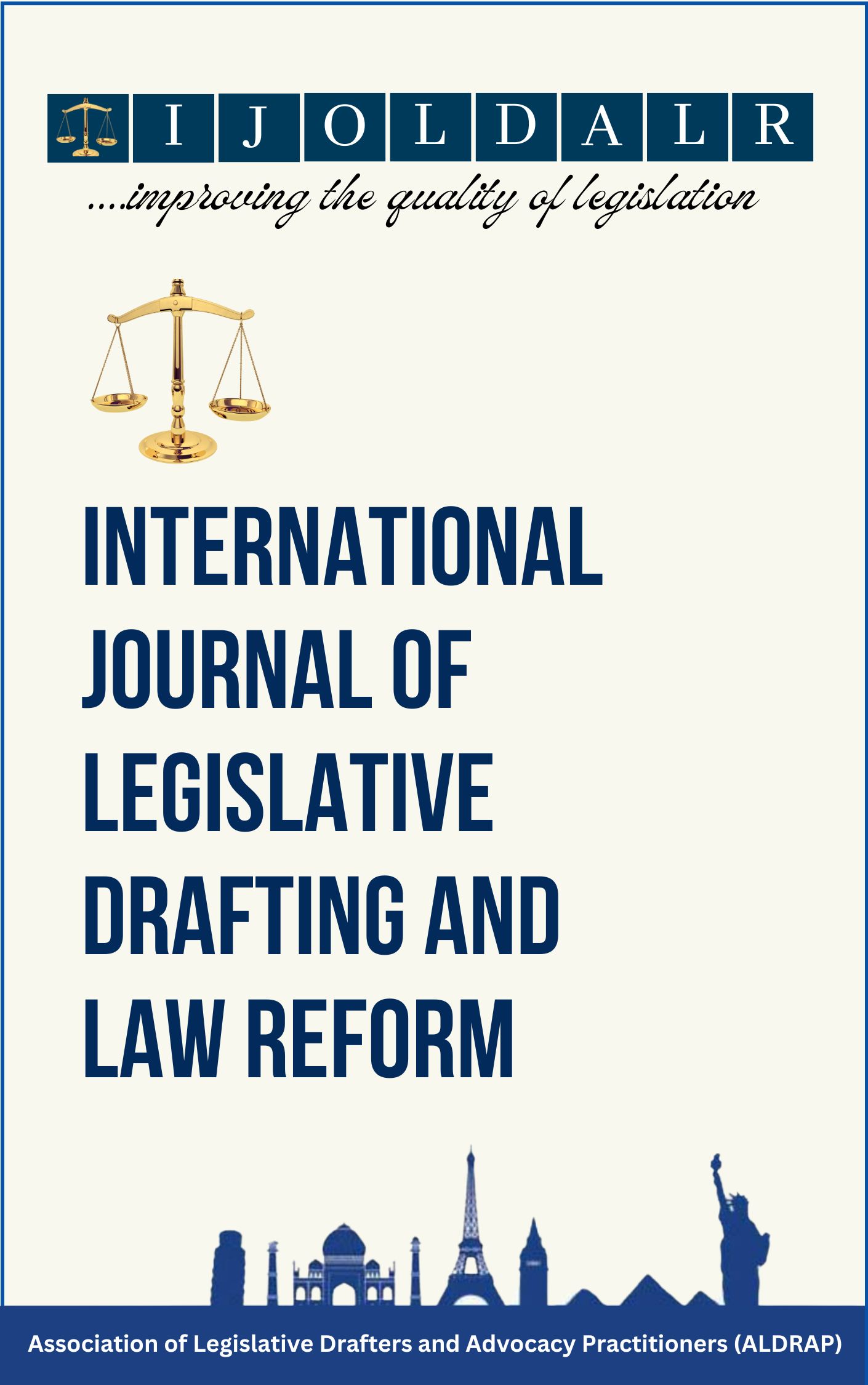Abstract
One of the ways of making commitments under international law is to accept the text of the treaty that establishes such commitments. Intent to commit in such a manner is often demonstrated by becoming a signatory to such an agreement. However, sometimes such a contract must be domesticated or be adopted at national level by the state that accepts this obligation before its citizens can fully benefit from its provisions. This is as provided under Section 12 of the 1999 Constitution of the Federal Republic of Nigeria (as amended), which mandates such a treaty to undergo legislative process before it can be admitted in Nigerian court. This paper examines the intention of the drafters of this section of the Nigerian Constitution and their shortcomings in enforcing treaty obligations. It concludes that for some, the domestication obligation acts as a shield by undermining contractual obligations. It makes recommendations for constitutional amendment, including extending it to human rights treaties, particularly those providing for socio-economic rights.



 National Library of Nigeria
National Library of Nigeria.jpg) Association of Nigerian Authors
Association of Nigerian Authors Nigerian Library Association
Nigerian Library Association EagleScan
EagleScan Crossref
Crossref